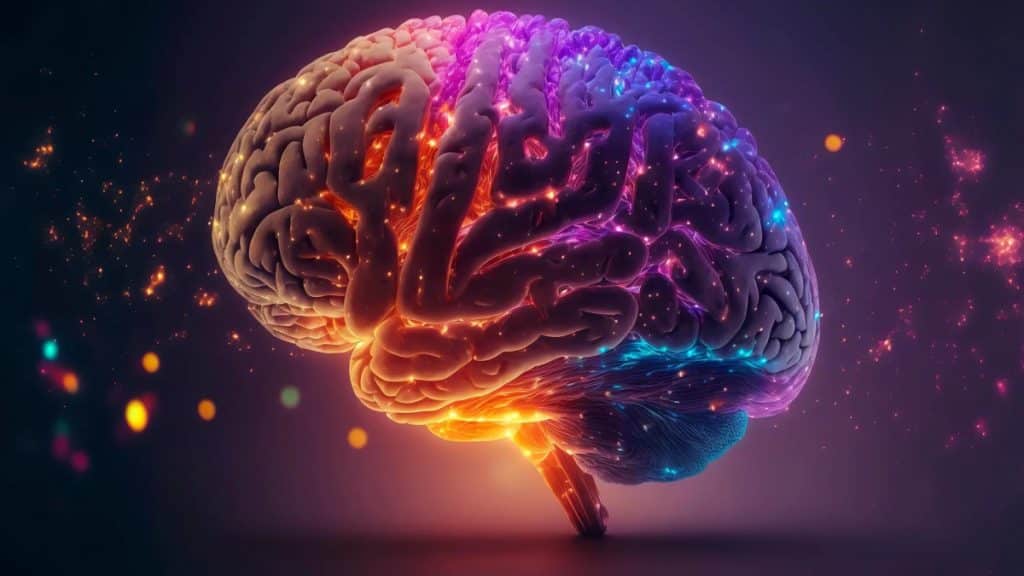The race to find safe and faster-acting treatments for depression has amped up in the last decade, as rates of the mood disorder have skyrocketed worldwide. Globally, depression is now the leading cause of disability, as well as for people between the ages of 15 and 44 in the United States. The urgency and magnitude of the public health problem has triggered a rush to find more and better solutions than what current medications offer.
Why the Need for More Antidepressants
Medication, in combination with therapy, has been the gold standard in treating depression, but not everyone responds well to antidepressants like SSRIs (“selective serotonin reuptake inhibitors”). These drugs, examples of which include Lexapro and the first-developed SSRI Prozac, have helped many people find relief from depressive symptoms, but they also take time to kick in. A person who is severely depressed and experiencing suicidal impulses may have to wait six to eight weeks to experience relief from these drugs. During that time, they also must adjust to the drug’s side effects: Insomnia, anxiety, and restlessness, among still other side effects, can be difficult to tolerate.
A Potential Breakthrough for Stress and Depression: KNT-127
Scientists at Tokyo University of Science have now identified a delta opioid receptor agonist, KNT-127,” which simultaneously reduced depression and psychological stress in mice. (Psychological stress is a common precursor to depression.) In a May 2023 report, the researchers shared their hopefulness that KNT-127 might one day “broaden the potential of existing treatments.”
How It Works
How exactly does KNT-127 work to relieve both psychological stress and depression? The report went on to explain that delta opioid receptors (DOPs) in the brain play a key role in the development of depression and other diseases, but that previous studies had found that DOP agonists (which bind to DOPs instead of the regular compound) work better than most existing antidepressant drugs and with less side effects. KNT-127 was especially effective as an agonist, producing “significant antidepressant activity, quick action, and minimal side effects.”
The Observed Effects
Psychological stress increases the number of microglia and activated microglia in the brains of mice. These same actions contribute to inflammation in the brain, which can lead to depression. (Microglia are cells that regulate brain development, neuronal networks, and injury repair.) KNT-127 suppressed this activation of the microglia and thereby reduced inflammation.
When the mice were subjected to “extreme psychological stress” for 10 days and given KNT-127 during that same 10-day period, followed by another 28 days of KNT-127, the scientists also observed the following:
- the mice’s social interaction significantly improved
- levels of serum corticosterone, a hormone secreted under stress, stayed significantly lower
- newborn neuronal death in the brain’s hippocampus, an effect of stress, was suppressed
- there was no formation of new neurons (microglia)
This encouraging discovery joins others in recent history, like ketamine, that are providing quicker relief from depression, often with less side effects than more traditional medications. They couldn’t come at a more critical time.
